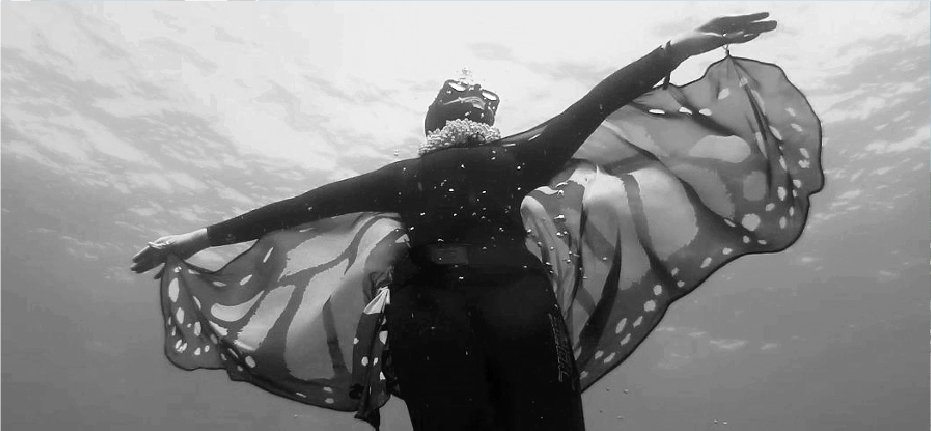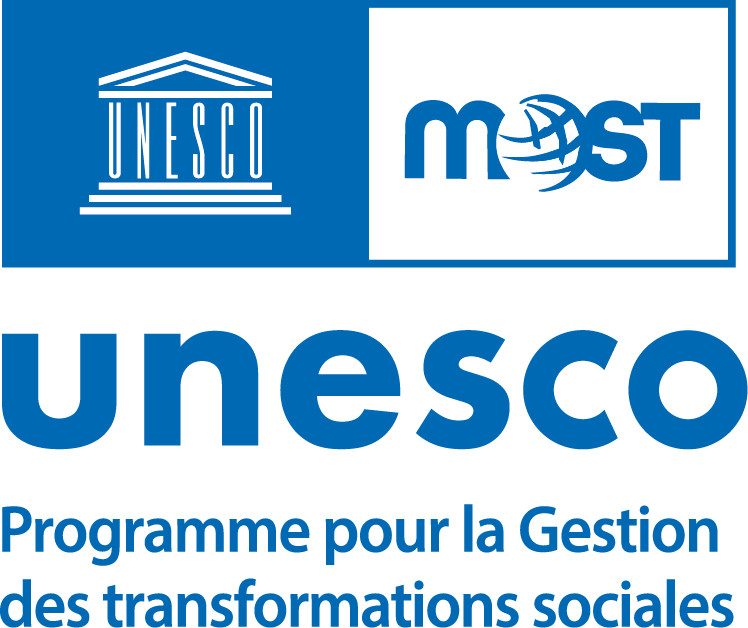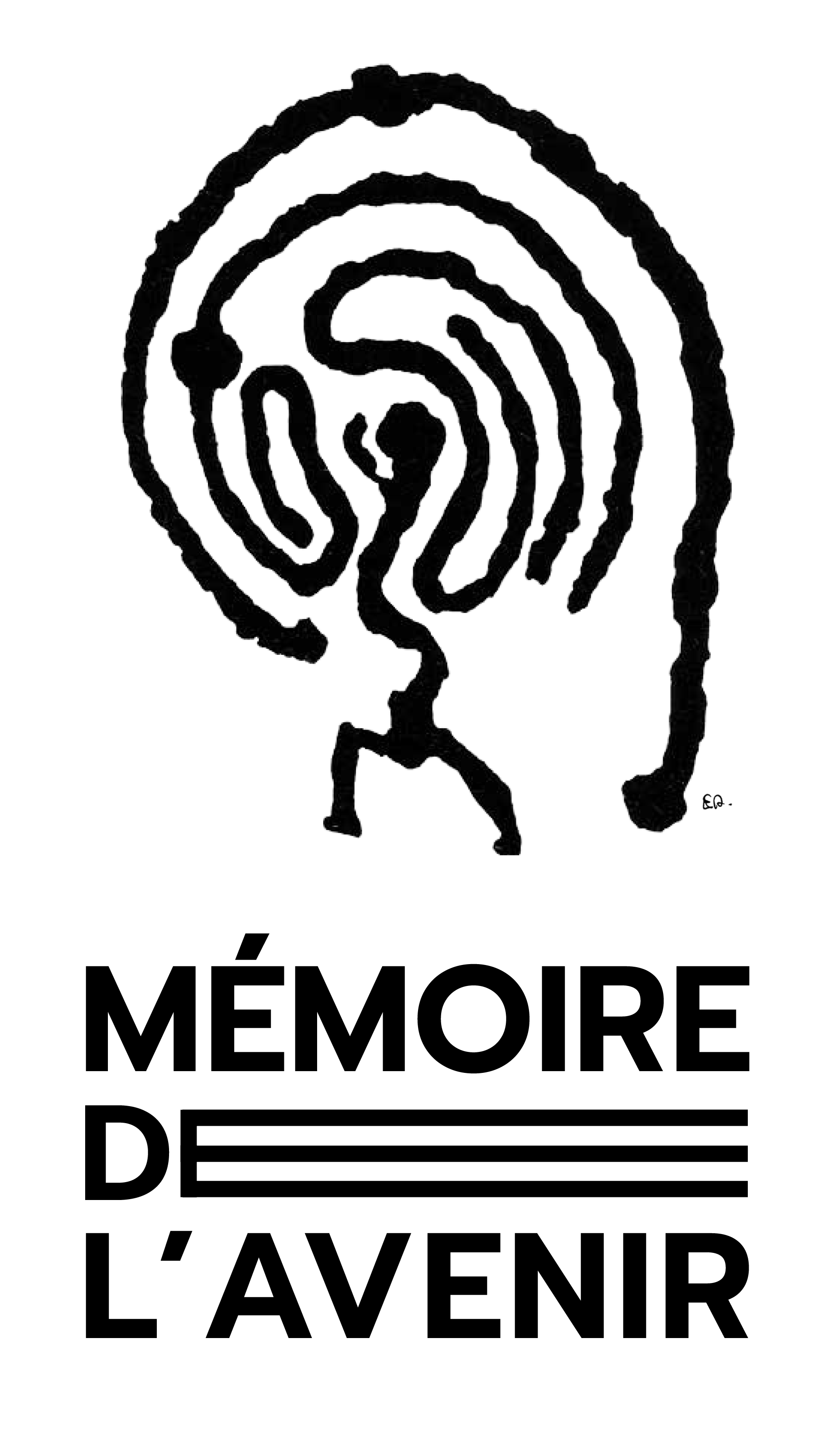

MOST is UNESCO’s intergovernmental science programme on social transformations.
MOST works with governments, social and human science communities and civil societies to improve connections between knowledge and action, connections that are one key to positive social change.
Within the United Nations Sustainable Development Goals, MOST contributes to development, to the eradication of poverty, to inclusive and sustainable responses to environmental change and to the promotion of inclusive, effective and accountable governance, as well as to the achievement of UNESCO’s Global Priorities: Africa and Gender Equality.
MOST supports Member States in improving policymaking processes through a strengthened re-search-policy interface, which uses knowledge focused on human needs from the social and human sciences to promote a culture of evidence-informed decision-making.

The ICPHS is a non-governmental organisation within UNESCO, which federates hundreds of different learned societies in the field of philosophy, human sciences and related subjects.
The ICPHS coordinates the international works and researches carried out by a huge constellation of centres and networks of scholars. It favours the exchange of knowledge among faraway scholars and fosters the international circulation of scholars, in order to improve the communication among specialists from different disicplines, enforce a better knowledge of cultures and of the different
social, individual and collective behaviours and bring to the fore the richness of each culture and their fruitful diversity.
The International Council for Philosophy and Humanistic Studies was founded in January 18th, 1949, in Brussels, at the request of UNESCO and under its auspices, following a meeting organized by the Union Académique Internationale to bring together representatives of nongovernmental organizations. From January 1, 2011, it adopted the designation “International Council for Philosophy and Human Sciences”.

Mémoire de l’Avenir (Memory of the Future) incorporates multi-disciplinary competences of artists and educators (fine arts, visual and performing arts, music, words…) working towards a greater knowledge of cultures, promoting intercultural understanding and exchange, via the tools of the arts, patrimonies and education. An international workshop network in cultural places, schools and social centers, in France, Germany, Turkey, Israel Palestine and Senegal… connecting citizens, who both learn to appreciate and attest to the richness of cultural diversities.

Global Chinese Arts & Culture Society (GCAC) was registered within Registry of Societies in January 2010 in Singapore. GCAC aim to build a cross-region, cross-races and cross-culture platform, to facilitate exchange and interaction of East and West culture and arts, for their collision, absorption and fusion, to promote global understanding and mutual trust.

The IYGU connects local actions and global challenges.
The IYGU focuses on the global sustainability of local action.
The IYGU recognizes culturally different paths to global sustainability.
The International Year of Global Understanding (IYGU) addresses the ways in which we inhabit an increasingly globalized world. How do we transform nature? How do we build new social and political relationships for the emerging global reality? Societies and cultures determine the ways we live with and shape nature. They influence how we perceive the global consequences of our everyday actions. We need to understand what our daily actions mean for the world as a whole in order to overcome global challenges.